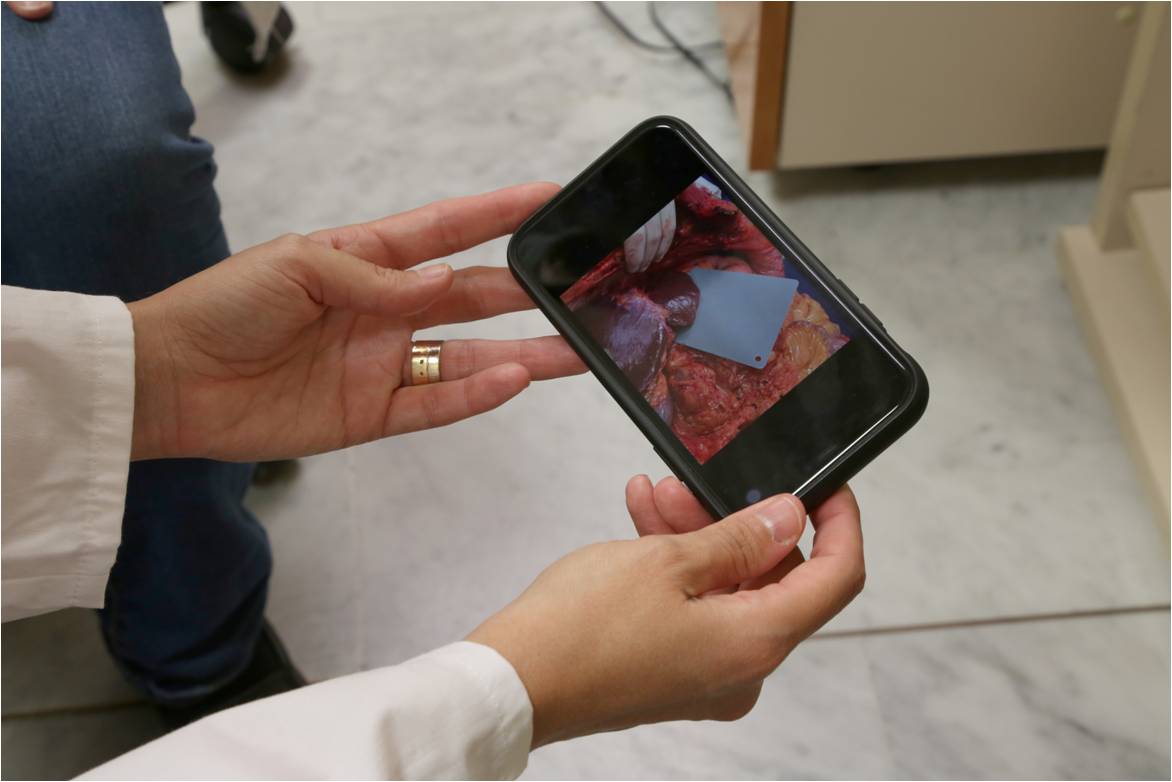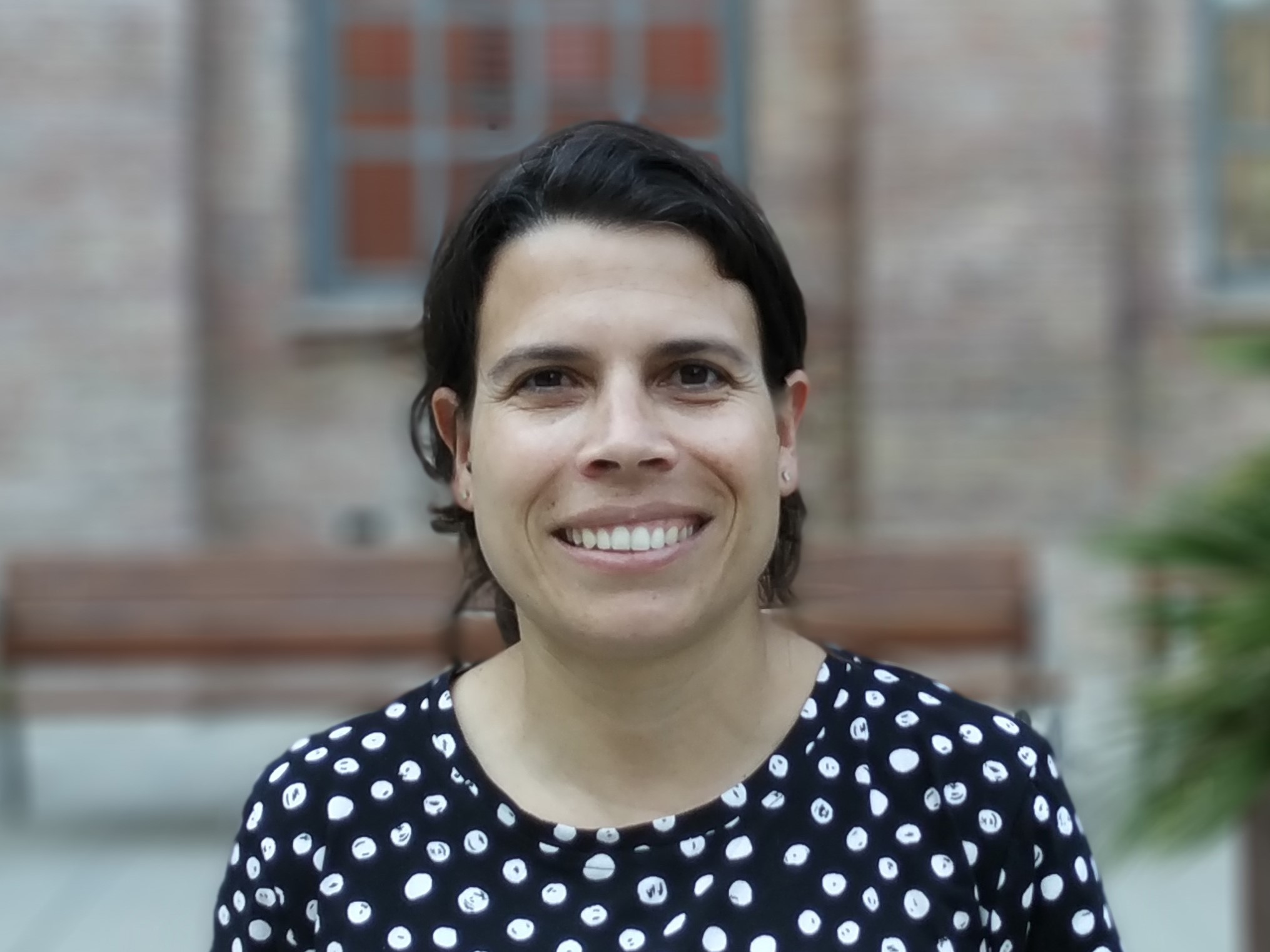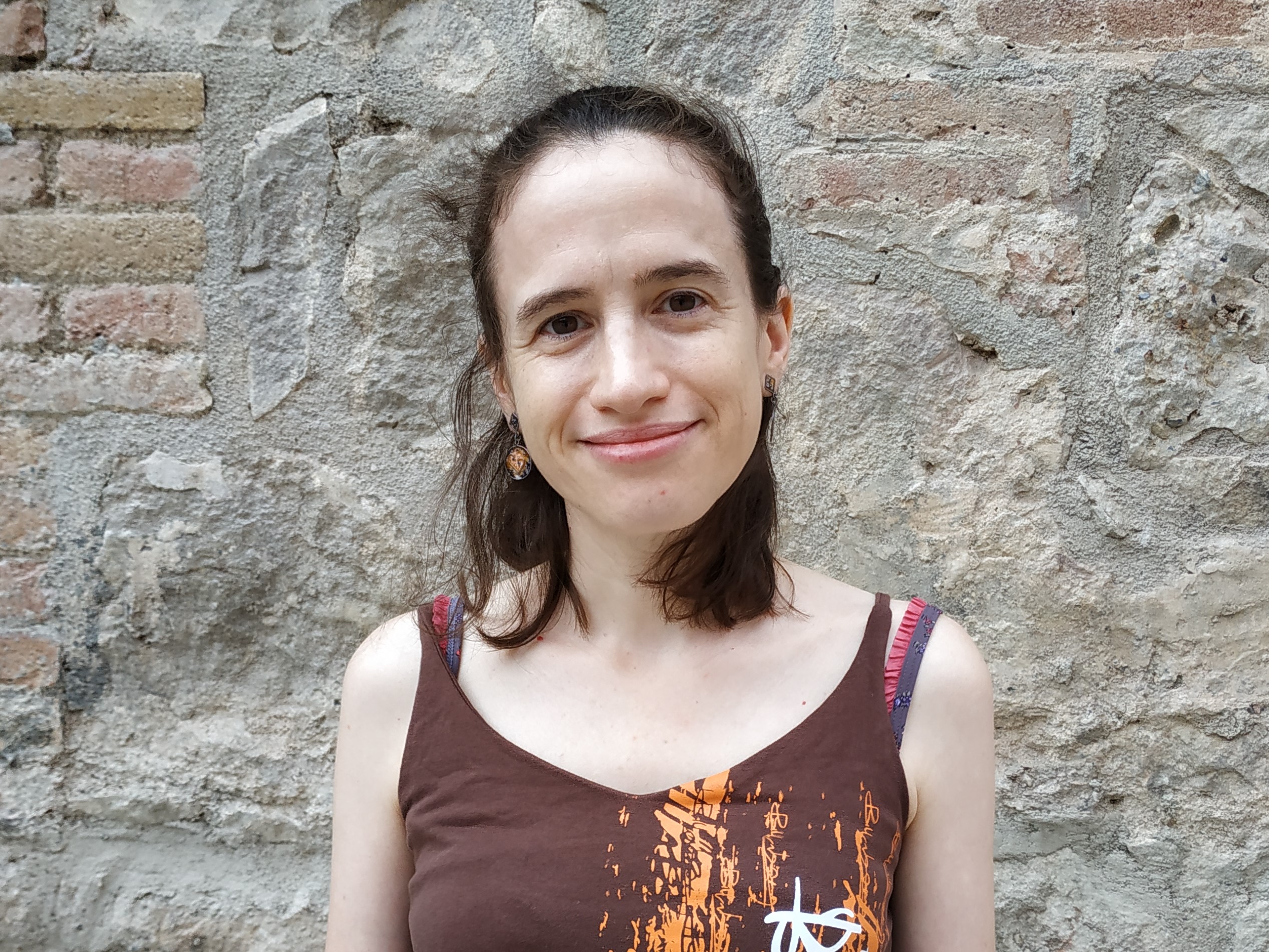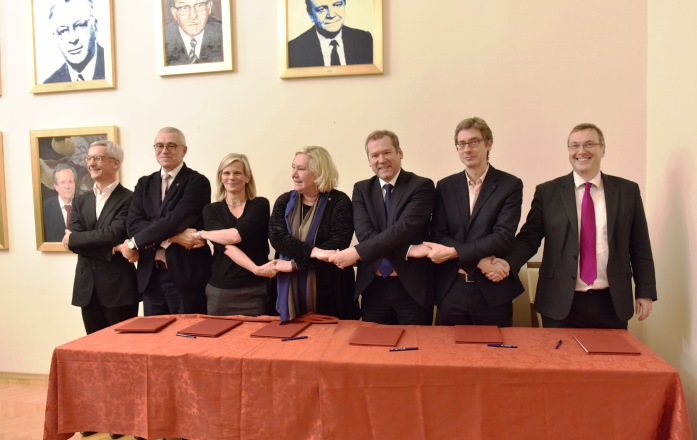The CaixaResearch Validate programme is to promote two UPF biomedical engineering projects
The initiatives, promoted by research groups at the Department of Information and Communication Technologies, are developing injectable microsensors to monitor diseases, and artificial intelligence technologies that identify livers suitable for transplantation.

Two UPF biomedical engineering projects have been selected by the CaixaResearch Validate programme. Created by “la Caixa” Foundation in collaboration with Caixa Capital Risc and EIT Health, this initiative aims to help transfer the results of biomedical research to society and to the market. This year’s edition of the programme has chosen 17 candidates from universities and research centres, two of which come from UPF: IntraSenso-eAXON, dedicated to injectable microsensors for disease monitoring, and Livercolor, which is developing artificial intelligence technologies to identify livers suitable for transplantation.
CaixaResearch Validate provides financial support, training and advice to early-stage biomedical R&D projects
The CaixaResearch Validate programme, which targets early-stage biomedical R&D projects, offers the selected teams financial support to create and implement valorization plans that allow applying knowledge and technologies derived from research.
Thus, participants will receive advice from expert mentors, who will help them steer their projects, and will also receive specialized training in areas such as project management, technology transfer, negotiating, and financing and marketing tools.
The two selected UPF initiatives come from groups belonging to the BCN MedTech unit, dedicated to interdisciplinary and translational research in biomedical engineering. The unit, which reports to the Department of Information and Communication Technologies, is accredited with the TECNIO seal, granted by the Generalitat (Government) of Catalonia through ACCIÓ to centres that develop differential technologies that are leaders in the transfer of their knowledge and technologies to industry.
IntraSenso-eAXON
Some health problems require implanting sensors in a patient’s body to monitor their evolution and detect possible complications. This project is developing an ultra-thin, wireless microsensor which sends the collected data to an external device where the data can be consulted and thus allows continuous monitoring of patients’ health. The initiative is led by the researcher Laura Becerra-Fajardo, from the Biomedical Electronics Research Group (BERG), directed by Antoni Ivorra.

Unlike other, similar technology currently available, these sensors do not require any bulky components as a power source or to communicate with the external unit (such as batteries or coils, for example). Hence, the researchers have developed very thin, flexible devices that can be implanted via catheterization.
The proponents of the project, who are already testing the technology with a specific clinical application, will receive up to 100,000 euros from CaixaResearch Validate to continue developing their proposal. They also hope to take advantage of mentoring and contacts with advisors and potential suppliers and investors made possible by the programme.
Previously, the project has obtained the support of different programmes to promote innovation, such as UPF INNOValora 2019, which promotes the transfer of knowledge and technologies generated at UPF, and a European Research Council ERC Proof of Concept 2020 grant.
Livercolor
This project, led by the researcher of the SIMBIOsys research group, Gemma Piella, conducted in collaboration with the Vall d’Hebron Research Institute (VHIR), is developing technologies based on artificial intelligence to help medical staff determine whether or not livers are suitable for transplanting.

To assess whether an organ is valid or not it is necessary to know if it has excess fat that may affect the success of the transplant. Currently, surgeons perform this assessment based on visual analysis of candidate livers, but it is a complex task that relies on the experience of the physicians and it is estimated that about 30% of discarded organs would actually have been suitable. The brains behind Livercolor are developing a mobile application capable of detecting the level of fat in livers based on the analysis of a photograph. The app, based on artificial intelligence, examines the colour and texture of the photographed organ to determine whether it is suitable or not. Thus, they wish to make the decision-making process more efficient and increase the number of organs available for transplants.
Project proponents are also exploring another application of this technology to diagnose excess liver fat in living patients, using a microcamera that would apply the same image analysis algorithm to photographs obtained during an endoscopy. This could avoid performing biopsies, a more invasive technique.
Livercolor is to receive up to 100,000 euros from CaixaResearch Validate which it will devote to a market study and a business plan, the development of the mobile application, the realization of a prototype of the microcamera, and research into the patentability of the initiative. Previously, it had enjoyed the support of the BarcelonaActiva Pre-acceleration Programme, Health Research Grants from the Fundación Mutua Madrileña and from the 2021 edition of UPF INNOValora.
Related Assets
UPF joins EUTOPIA, an alliance of European universities that seeks to adapt the model of higher education to the needs of the 21st century
UPF joins EUTOPIA, an alliance of European universities that seeks to adapt the model of higher education to the needs of the 21st century
The University Paris-Seine, the Vrije University of Brussels, the University of Warwick, the University of Ljubljana, the University of Gothenburg and Pompeu Fabra University are the six member institutions of the network that completed its creation in the Slovenian capital.

The cities of Paris, Brussels, Coventry, Ljubljana, Gothenburg and Barcelona are now more connected thanks to the new EUTOPIA alliance of universities, created with the aim of transforming the member universities into multiversities working multidisciplinarily and multilingually to thus become an open federation of higher education institutions.
The University Paris-Seine, the Vrije University of Brussels, the University of Warwick (Coventry), the University of Ljubljana, the University of Gothenburg and Pompeu Fabra University are the six member institutions of the network that completed its creation in the Slovenian capital. The initial proposal was the brainchild of the first three universities and has been completed by the last three.
In the words of Jaume Casals, UPF rector, “Eutopia is, first and foremost, a happy encounter: a friendly alliance coming at a good time. Then it’s a useful tool, optimal for the birth of the European universities of the 21st century, innovative, respectful to the local environment and with a desire to cause an impact on a planetary scale”.
The universities of the future cannot continue to be run on the basis of organizational models of the past. EUTOPIA must serve, among other things, together to explore strategies and structures to improve the scientific, educational and social impact of its member universities.
“Eutopia is, first and foremost, a happy encounter: a friendly alliance coming at a good time. Then it’s a useful tool, optimal for the birth of the European universities of the 21st century, innovative, respectful to the local environment and with a vocation to cause an impact on a planetary scale”
The alliance unites six European institutions that, despite being very different from each other and operating in very different regional contexts, share a number of values and commitments that have already begun to be implemented through partnerships. The regional and institutional diversity, in addition, illustrates the concept of diversity present in Europe.
One of the aims of EUTOPIA is to compete for the new competitive call “European Universities Initiative” launched by the European Commission to build a European Education Area. The pilot call is open to alliances of universities that follow principles such as representing a broad European geographical area or having a long term shared strategy.



